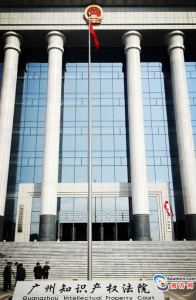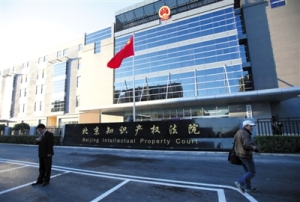Is your China-related IP agreement considered abusive under Chinese law? Foreign companies entered into or planning to reach IP related agreements with a Chinese party should be aware that new rules may affect the validity and enforceability of those agreements. The Chinese State Administration for Industry and Commerce (SAIC) on April 7, 2015 issued “Rules on the prohibition of the abuse of intellectual property rights to eliminate or restrict competition” (SAIC IP Rules, see http://www.saic.gov.cn/zwgk/zyfb/zjl/fld/201504/t20150413_155103.html). The SAIC IP Rules provide certain safe harbors for IP agreements related to China, and specify requirements for an operator with a dominant market position to comply with Chinese anti-monopoly laws in entering and enforcing IP Agreements related to China. A multi-factor, rule of reason analysis is generally adopted. The SAIC IP Rules will take effect on August 1, 2015.
An IP agreement related to China is presumptively considered in compliance with Chinese anti-monopoly law under the following two situations:
(a) An operator’s market share does not exceed 20 percent of the relevant market, or there are at least four (4) alternative and independent technologies on the relevant market;
(b) An operator’s market share does not exceed 30 percent of the relevant market, or there are at least two (2) alternative and independent technologies on the relevant market.
An operator with a dominant market position is prohibited from entering into and enforcing the following IP agreements related to China that may eliminate or restrict competition:
(1) refusal to license intellectual property rights;
(2) requiring another party of the agreement to trade only with the operator or its designated party;
(3) tying or bundling sale of additional products regardless of consumption habit or product functionality,;
(4) the practice of differential treatment to parties of similar conditions;
(5) exclusive grant-back for improvement to the relevant IP; and
(6) prohibiting challenge of the validity of the IP by the party of the agreement.
The SAIC IP Rules also restricts the use of IP pooling to affect the ability of a third party not a part of the IP pooling organization to challenge IP validity or license relevant IP or enter into R&D agreements. The Rules further prohibits abusive agreements related to IP standard setting.
The penalties for violation of the SAIC IP Rules are injunctions and confistication of 1%-10% of annual sales with an abusive agreement or a fine of no more than RMB500,000 without an agreement.
Any further inquiry may be directed to Jiwen Chen, Esq. at jchen@jhip.com.

